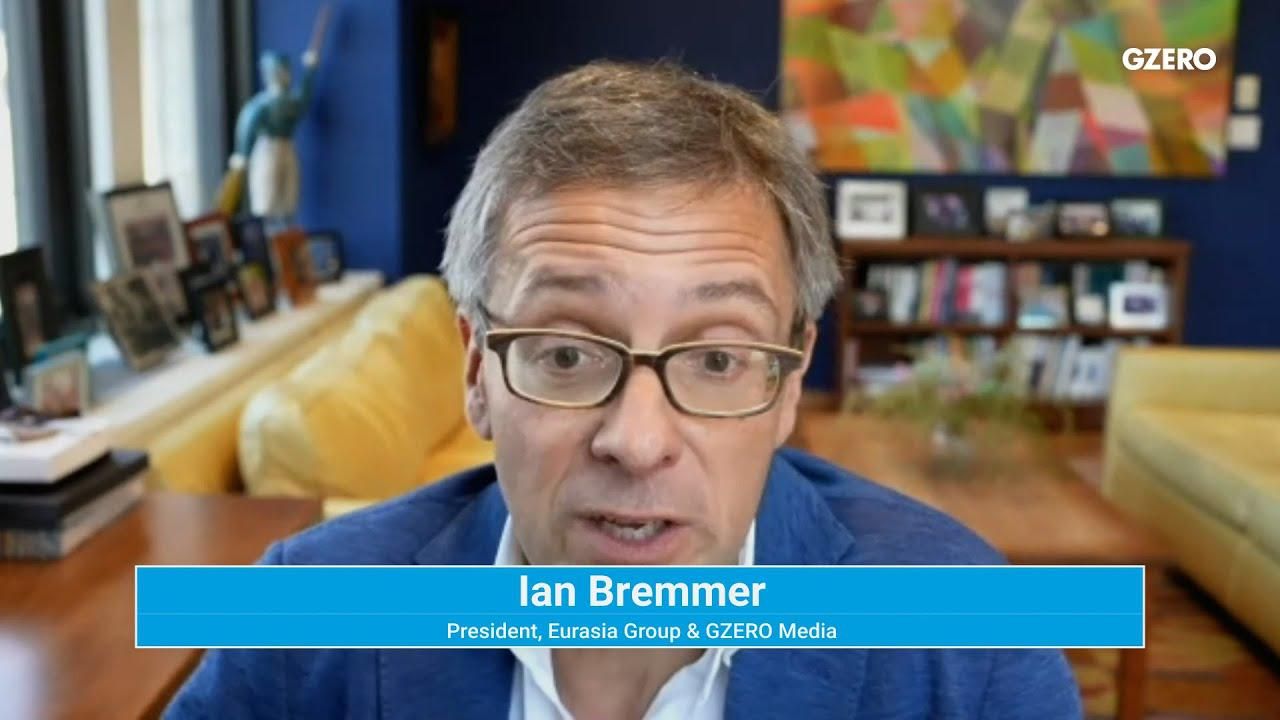Until recently, global development had been defined by globalization, especially when it comes to a growing middle class and poverty reduction.
Not anymore, Eurasia Group President Ian Bremmer said during a livestream conversation about the global food crisis hosted by GZERO Media in partnership with the Bill & Melinda Gates Foundation.
The global middle class is eroding due to multiple crises now aggravated by food shortages and price hikes related to Russia's war in Ukraine. And that, he added, is having a direct impact on our state of mind.
People are becoming hungrier and angrier, Bremmer explained, and they will become less interested in global solutions to their problems — a sentiment that, in turn, will be reflected in their choice of government.
- Global food crisis: when food isn't merely expensive - GZERO Media ›
- The politics of resentment & how authoritarian strongmen gain ... ›
- Podcast: How discontent with globalization has fueled authoritarian ... ›
- End of globalization for Russia - GZERO Media ›
- State of the World: On the verge of fragmentation? - GZERO Media ›
- How globalization backfired - GZERO Media ›
- Ian Bremmer: Russia is a rogue state - GZERO Media ›
More For You
In this Quick Take, Ian Bremmer addresses the killing of Alex Pretti at a protest in Minneapolis, calling it “a tipping point” in America’s increasingly volatile politics.
Most Popular
Who decides the boundaries for artificial intelligence, and how do governments ensure public trust? Speaking at the 2026 World Economic Forum in Davos, Arancha González Laya, Dean of the Paris School of International Affairs and former Foreign Minister of Spain, emphasized the importance of clear regulations to maintain trust in technology.
Will AI change the balance of power in the world? At the 2026 World Economic Forum in Davos, Ian Bremmer addresses how artificial intelligence could redefine global politics, human behavior, and societal stability.
Ian Bremmer sits down with Finland’s President Alexander Stubb and the IMF’s Kristalina Georgieva on the sidelines of the World Economic Forum to discuss President Trump’s Greenland threats, the state of the global economy, and the future of the transatlantic relationship.
